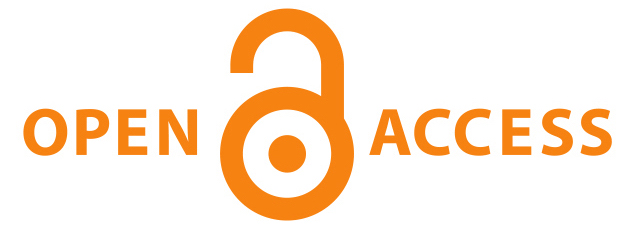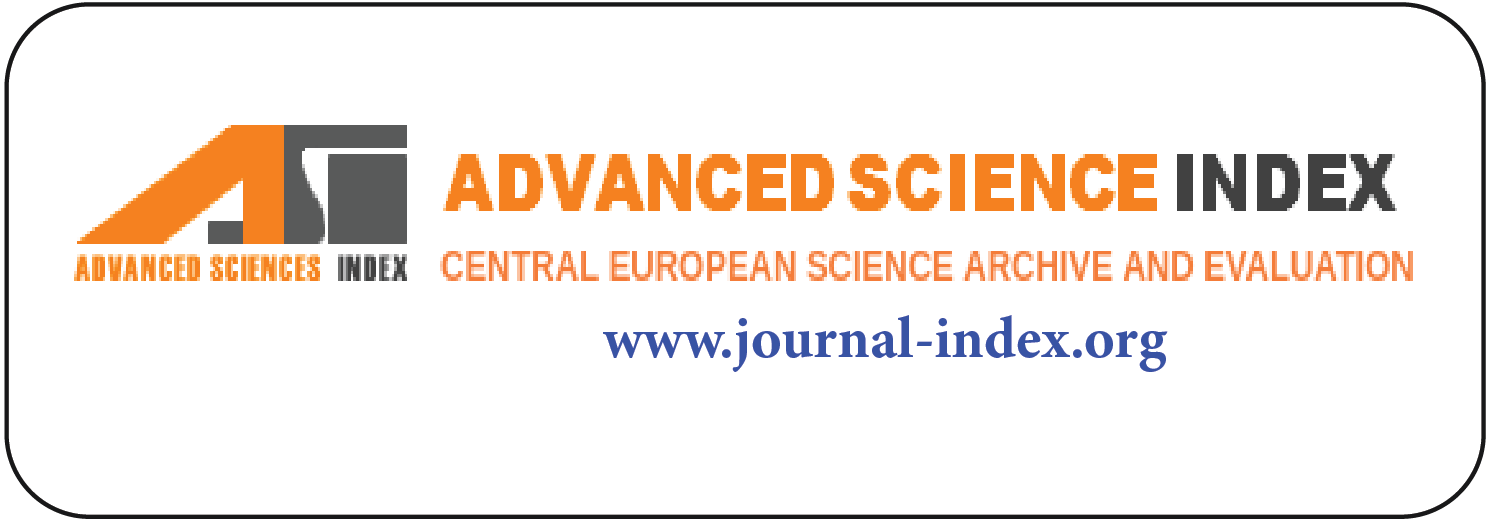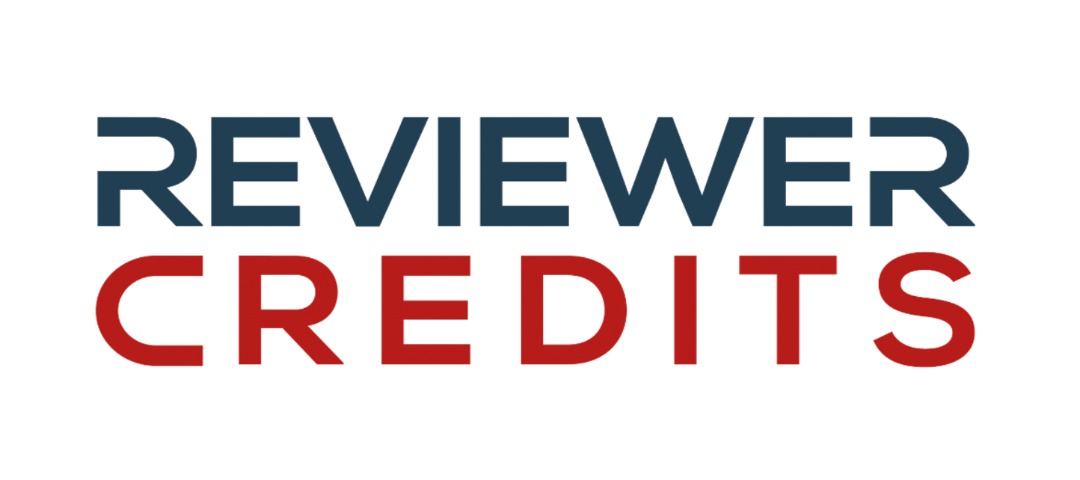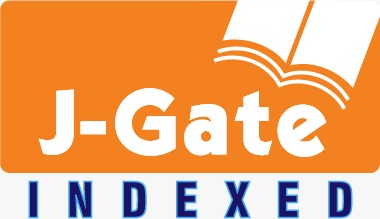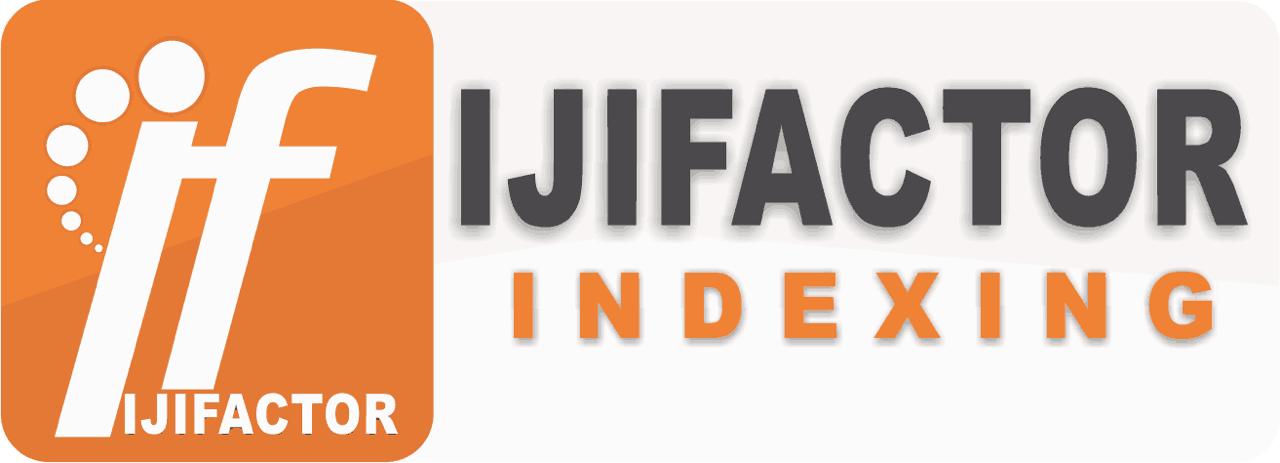Innovative Applications of Augmented Reality in Pre-school Education: Moderating Role of School-Enterprise Collaboration in China
DOI:
https://doi.org/10.56868/jadhur.v4i2.305Keywords:
Augmented Reality, Innovative Applications, School Enterprise Collaboration, Pre-school Education, ChinaAbstract
This study examines how augmented reality (AR) and innovative applications (IA) enhance pre-school education (PSE) outcomes in China, with a focus on the moderating role of school-enterprise collaboration (SEC) in this context. Using a stratified random sample of 388 pre-school educators from diverse geographic regions (urban and rural) and institutional types (public and private), we collected data via a validated questionnaire and analysed it using PLS-SEM. Results reveal that AR has the most substantial direct impact on PSE, particularly in improving cognitive skills (such as spatial understanding and memory) and social-emotional engagement, followed by IA and SEC. Crucially, SEC significantly moderates both AR-PSE and IA-PSE relationships, demonstrating its role in amplifying technological benefits. These findings suggest that China's pre-school system benefits most from AR when combined with institutional partnerships, contrasting with Western studies where IA often dominates. We provide three targeted policy recommendations: targeted funding for AR hardware and software in rural pre-schools, mandatory teacher training on AR integration, and structured SEC frameworks with accountability metrics (including co-development milestones). This study contributes a context-specific model for technology adoption in early education, emphasising pedagogical alignment over mere innovation.
References
Afzal, M., Junejo, A., & Khoso, A. K. (2025). Bridging Instructional Excellence and Student Success: Exploring How Faculty Management Influences Academic Performance and Loyalty Through the Lens of Student Self-Efficacy. International Premier Journal of Languages & Literature, 3(1), 54-75. https://ipjll.com/ipjll/index.php/journal/article/view/46.
Alam, A., & Mohanty, A. (2023). Educational technology: Exploring the convergence of technology and pedagogy through mobility, interactivity, AI, and learning tools. Cogent Engineering, 10(2), 2283282. https://doi.org/10.1080/23311916.2023.2283282
Al-Ansi, A. M., Jaboob, M., Garad, A., & Al-Ansi, A. (2023). Analysing the recent development of augmented reality (AR) and virtual reality (VR) in education. Social Sciences & Humanities Open, 8(1), 100532. https://doi.org/10.1016/j.ssaho.2023.100532
Albayrak, S., & Yilmaz, R. M. (2021). An Investigation of Pre-School Children’s Interactions with Augmented Reality Applications. International Journal of Human–Computer Interaction, 38(2), 165-184. https://doi.org/10.1080/10447318.2021.1926761.
Alfaro, J. L. D., & Van Puyvelde, P. (2021). Mobile augmented reality apps in education: Exploring the user experience through large-scale public reviews. In L. T. De Paolis & P. Bourdot (Eds.), Augmented reality, virtual reality, and computer graphics: 8th International Conference, AVR 2021, Virtual Event, September 7–10, 2021, Proceedings (Vol. 8, pp. 416–435). Springer. https://doi.org/10.1007/978-3-030-87595-4_32.
Alhassany, H., & Faisal, F. (2018). Factors influencing the internet banking adoption decision in North Cyprus: Evidence from the partial least squares approach of the structural equation modelling. Financial Innovation, 4, 29. https://doi.org/10.1186/s40854-018-0111-3.
Alkhabra, Y. A., Ibrahem, U. M., & Alkhabra, S. A. (2023). Augmented reality technology enhances learning retention and critical thinking, according to the STEAM program: Humanities and Social Sciences Communications, 10(1), Article 16. https://doi.org/10.1057/s41599-023-01650-w
Aydoğdu, Ç. (2021). Yenilenebilir enerji sektöründe ve enerji verimliliğinde kamusal destekler ve Türkiye’de yansımaları. Akademik İzdüşüm Dergisi, 6(1), 52-74.
Bhutoria, A. (2022). Personalised education and artificial intelligence in the United States, China, and India: A systematic review using a human in the loop model. Computers & Education: Artificial Intelligence, 3, 100068. https://doi.org/10.1016/j.caeai.2022.100068.
Binchu, D., & Rattanasiraprapha, N. (2024). The school enterprise cooperation of higher vocational education in Guangdong Province [Doctoral dissertation, Silpakorn University].
Bursali, H., & Yilmaz, R. M. (2019). Effect of augmented reality applications on secondary school students' reading comprehension and learning permanency. Computers in Human Behaviour, 95, 126–135. https://doi.org/10.1016/j.chb.2019.01.035.
Chang, J., & Liu, D. (2024). Optimising learning outcomes: A comprehensive approach to virtual simulation experiment teaching in higher education. International Journal of Human–Computer Interaction, 41(4), 2114–2134. https://doi.org/10.1080/10447318.2024.2314825.
Chen, R. W., & Chan, K. K. (2019). Using augmented reality flashcards to learn vocabulary in early childhood education. Journal of Educational Computing Research, 57(7), 1812–1831. https://doi.org/10.1177/0735633119854028
Chen, S., Sun, Y., Zhang, H., & Liu, Q. (2021, December). Role of teacher training based on school–enterprise cooperation in the artificial intelligence speciality. Proceedings of the 2021 International Symposium on Advances in Informatics, Electronics and Education (ISAIEE) (pp. 256–259). IEEE.
Chi, M. T. (2013). Two kinds and four sub-types of misconceived knowledge, ways to change it, and the learning outcomes. In International handbook of research on conceptual change (pp. 49-70). Routledge.
Criollo-C, S., Guerrero-Arias, A., Guaña-Moya, J., Samala, A., & Luján-Mora, S. (2024). Towards sustainable education with the use of mobile augmented reality in early childhood and primary education: A systematic mapping. Sustainability, 16(3), Article 1192.
https://doi.org/10.3390/su16031192
Crogman, H. T., Cano, V. D., Pacheco, E., Sonawane, R. B., & Boroon, R. (2025). Virtual reality, augmented reality, and mixed reality in experiential learning: Transforming educational paradigms. Education Sciences, 15(3), 303. https://doi.org/10.3390/educsci15030303.
Del Hierro, J. V. (2023). Systems Thinking as a Method for Leveraging Smart Classrooms [Master's thesis, The University of Texas at El Paso].
Dong, H. (2017, September). Study on the design art education talents training mode of colleges of science and engineering under the background of Internet+. In 2017, the 3rd International Conference on Social Science and Higher Education (pp. 469–472). Atlantis Press. https://doi.org/10.2991/icsshe-17.2017.118.
Gomes, L., Martins, V. F., Dias, D. C., & de Paiva Guimarães, M. P. (2014, May 12–15). Music AR: Augmented reality in teaching the concept of sound loudness to children in pre-school. In Proceedings of the 16th Symposium on Virtual and Augmented Reality (SVR 2014) (pp. 114–117). IEEE. https://doi.org/10.1109/SVR.2014.14.
Gu, X. (2025). Exploration of the project teaching method for higher vocational digital media arts majors. In Integrating technology in problem-solving educational practices (pp. 1–26). IGI Global. https://doi.org/10.4018/979-8-3693-6745-2.ch001.
Hair, J. F., & Alamer, A. (2022). Partial least squares structural equation modelling (PLS-SEM) in second language and education research: Guidelines using an applied example. Research Methods in Applied Linguistics, 1(3), 100027. https://doi.org/10.1016/j.rmal.2022.100027.
Hair, J. F., Sarstedt, M., Ringle, C. M., & Mena, J. A. (2012). An assessment of the use of partial least squares structural equation modelling in marketing research. Journal of the Academy of Marketing Science, 40(3), 414–433. https://doi.org/10.1007/s11747-011-0261-6.
Haleem, A., Javaid, M., Qadri, M. A., & Suman, R. (2022). Understanding the role of digital technologies in education: A review. Sustainable Operations and Computers, 3, 275–285. https://doi.org/10.1016/j.susoc.2022.05.004.
Hidayat, W. N., Sutikno, T. A., Elmunsyah, H., Prasasti, A., Tumelisya, L. F., & Utomo, W. M. (2021). User experience design of augmented reality-based mobile learning media for English subjects through a user-centred design approach. In Proceedings of the 2021 7th International Conference on Education and Technology (ICET) (pp. 171–176). IEEE.
https://doi.org/10.1109/ICET53279.2021.9575121.
Hirsh-Pasek, K., Zosh, J. M., Golinkoff, R. M., Gray, J. H., Robb, M. B., & Kaufman, J. (2015). Putting education in “educational” apps: Lessons from the science of learning. Psychological science in the public interest, 16(1), 3-34.
Hong, W., & Kanaparan, G. (Eds.). (2024). Computer science and education: Educational digitalisation: 18th International Conference, ICCSE 2023, Sepang, Malaysia, December 1–7, 2023, Proceedings, part III. Springer Nature.
Huang, R. (2025). Research on the integration model of art education and entrepreneurship in the digital age: Taking the innovation of art examination training industry as an example. In SHS Web of Conferences (Vol. 213, 01021). EDP Sciences. https://doi.org/10.1051/shsconf/202521301021
Kayaduman, H., & Sağlam, M. (2024). An examination of the research studies on augmented reality use in pre-school education: A bibliometric mapping analysis. Journal of Research on Technology in Education, 56(5), 595–615. https://doi.org/10.1080/15391523.2023.2186988
Kiourexidou, M., Kanavos, A., Klouvidaki, M., & Antonopoulos, N. (2024). Exploring the role of user experience and interface design communication in augmented reality for education. Multimodal Technologies and Interaction, 8(6), 43. https://doi.org/10.3390/mti8060043
Krawczyk-Dembicka, E., & Urban, W. (2024). Cooperation between companies in technology management matters—Explored through PLS-SEM modelling. In J. Hloch, R. Rupp, & L. Majerník (Eds.), International Scientific-Technical Conference Manufacturing. Springer.
https://doi.org/10.1007/978-3-031-56444-4_21.
Liang, Y., & Chen, H. (2024, December). Exploring the implementation path of school–enterprise cooperation in integrating industry and education in vocational education. In Proceedings of the 2024 7th International Conference on Humanities Education and Social Sciences (ICHESS 2024) (pp. 394–403). Atlantis Press. https://doi.org/10.2991/978-2-38476-323-8_46.
Lin, A., & Mawela, T. (2023). Virtual reality, augmented reality and mixed reality for teaching and learning in higher education. In International Conference on Innovations in Bio-Inspired Computing and Applications (pp. 669-679). Springer, Cham.
Liu, Y., Wang, C., & Chen, Z. (2024). Cultivation of highly skilled talents at the bachelor's degree of vocational education in major iron and steel metallurgy: Exploration under the background of new-quality productive forces from the perspective of industry-education integration and school. International Journal of Educational Teaching and Research, 1(3).
https://doi.org/10.70767/ijetr.v1i3.383.
Lyu, S., Niu, S., Yuan, J., & Zhan, Z. (2024). Developing professional capital through technology-enabled university–school–enterprise collaboration: An innovative model for C STEAM preservice teacher education in the Greater Bay area. Asia Pacific Journal of Innovation and Entrepreneurship, 18(3), 270–299. https://doi.org/10.1108/APJIE-01-2024-0014.
Muhammad, K., Khan, N., Lee, M.-Y., Imran, A. S., & Sajjad, M. (2021). School of the future: A comprehensive study on the effectiveness of augmented reality as a tool for primary school children’s education. Applied Sciences, 11(11), 5277. https://doi.org/10.3390/app11115277.
Pan, Y., Liu, D., & Li, L. (2023, March). Reform and practice of virtual simulation practice course for logistics engineering speciality based on the OBE concept and school–enterprise linkage. In M. A. Mahdi & Y. Zhang (Eds.), International Conference on Computer Science, Engineering and Education Applications (pp. 927–938). Springer Nature Switzerland. https://doi.org/10.1007/978-3-031-36118-0_79.
Qiu, X. (2024, September). Research on the establishment of a practice teaching system for vocational undergraduate majors in the digital era. In 2024, 14th International Conference on Information Technology in Medicine and Education (ITME) (pp. 1171–1174). IEEE. https://doi.org/10.1109/ITME62029.2024.10517362.
Shao, L., & Ni, B. (2022). Exploration and practice of school enterprise collaborative education. International Journal of Education and Humanities, 4(2), 118–121.
Supli, A. A., & Yan, X. (2023). Exploring the effectiveness of augmented reality in enhancing spatial reasoning skills: A study on mental rotation, spatial orientation, and spatial visualisation in primary school students. Education and Information Technologies, 29(1), 351–374. https://doi.org/10.1007/s10639-023-12255-w.
Tan, S., & Li, Q. (2019). Teaching reform of the curriculum system under the school–enterprise collaborative training mode. In Proceedings of the International Conference on Advanced Technologies in Education and Professional Engineering (ICATPE 2019) (pp. 280–284). IEEE. https://doi.org/10.25236/icatpe.2019.040.
Timotheou, S., Miliou, O., Dimitriadis, Y., Sobrino, S. V., Giannoutsou, N., Cachia, R., … Ioannou, A. (2023). Impacts of digital technologies on education and factors influencing schools’ digital capacity and transformation: A literature review. Education and Information Technologies, 28(6), 6695–6726. https://doi.org/10.1007/s10639-022-11431-8.
Wang, G. (2025). Exploration of innovation in vocational education school–enterprise cooperation under the new quality productivity. Research and Commentary on Humanities and Arts, 3(1). https://ojs.scineer-pub.com/index.php/RCHA/article/viewFile/6540/6249
Wang, X., Abdul Rahman, M. N. B., & Nizam Shaharom, M. S. (2024). The impacts of integrating augmented reality technology into a STEM preschool module for teaching and learning activities on children in China. Cogent Education, 11(1), 2343527.
https://doi.org/10.1080/2331186X.2024.2343527
Wang, L., Ma, C., Feng, X., Zhang, Z., Yang, H., Zhang, J., ... & Wen, J. (2024). A survey on large language model based autonomous agents. Frontiers of Computer Science, 18(6), 186345.
Wei, X., Guo, D., & Weng, D. (2018). A study of pre-school instructional design based on augmented reality games. In H. Yan & X. Jiang (Eds.), Image and graphics technologies and applications: 13th Conference on Image and Graphics Technologies and Applications, IGTA 2018, Beijing, China, April 8–10, 2018, Revised selected papers (Vol. 11163, pp. 296–305). Springer. https://doi.org/10.1007/978-3-030-02677-6_29.
Yadav, S. (2025). Transformative Learning with Advanced Technologies: Harnessing VR and AR for Immersive Educational Experiences. In Revolutionising Pedagogy Through Smart Education (pp. 139-156). IGI Global Scientific Publishing. DOI:10.4018/979-8-3693-7793-2.ch008.
Yang, S. (2018). Mechanism of deepening the cooperation between schools and enterprises in higher vocational education. Kuram ve Uygulamada Egitim Bilimleri, 18(6), 3681–3688. DOI:10.12738/estp.2018.6.280.
Yang, X., & Wang, S. J. (2017, February). To develop and evaluate children’s cognitive development through an AR-based, playful learning approach. In P. K. Collins & I. Gibson (Eds.), DesTech Conference Proceedings: KnE Engineering (Vol. 2, pp. 211–218). KnE Engineering. https://doi.org/10.18502/keg.v2i2.617.
Ying, J., Jie, Z., Ye, T., & Hong, C. (2019, August). VR course construction oriented by innovation project development. In 2019, 14th International Conference on Computer Science & Education (ICCSE) (pp. 851–855). IEEE. https://doi.org/10.1109/ICCSE.2019.8845372.
Zang, J., Kim, Y., & Dong, J. (2022). New evidence on technological acceptance model in preschool education: Linking project-based learning (PBL), mental health, and semi-immersive virtual reality with learning performance. Frontiers in Public Health, 10, 964320. https://doi.org/10.3389/fpubh.2022.964320
Zhang, S., Sun, Z., Fan, Z., & Weng, S. (2024). Transforming talent development: a reflective analysis of the innovative government-school cooperation model under the paradigm of knowledge innovation. Journal of the Knowledge Economy, 15(3), 15176-15201. https://doi.org/10.1007/s13132-023-01677-z
Zhu, J., & Wang, D. (2023). Research on curriculum reform of environmental art and design majors in higher vocational education based on school–enterprise cooperation. Advances in Vocational and Technical Education, 5(8), 6. https://doi.org/10.23977/avte.2023.050813
Downloads
Published
How to Cite
Issue
Section
License
Copyright (c) 2025 Duocui Li

This work is licensed under a Creative Commons Attribution 4.0 International License.


